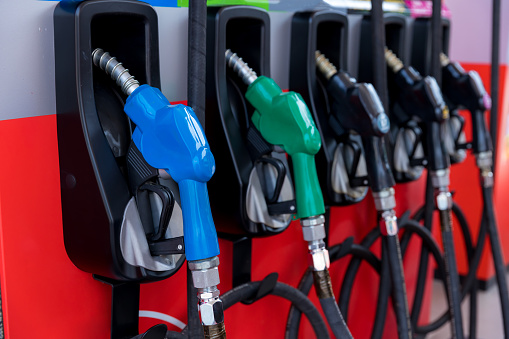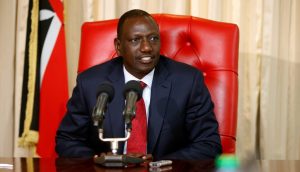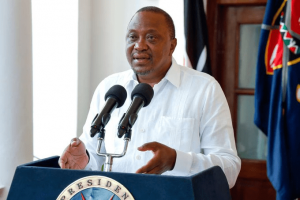Following the government’s elimination of the fuel subsidy, petrol prices have reached a new record high.
As a result, a litre of gasoline in Nairobi’s capital is anticipated to cost Ksh. 179.30 from Ksh. 159.12, an increase of Ksh. 20 per litre from the most recent assessment on August 14. This comes after the complete removal of gasoline subsidies.
The price of fuel increased to Ksh. 165 on Thursday from Ksh. 140 in August, and the price of a litre of kerosene increased to Ksh. 147.94 from Ksh. 127.94.
Diesel and kerosene fuel subsidies still exist in part and are priced at Ksh.20.82 and Ksh.26.25, respectively.
The removal of the fuel subsidy, or the system for stabilizing the price of gasoline, which had previously protected Kenyans from rising fuel costs, has been the primary cause of the huge price increases.
The removal of food and gasoline subsidies, which the new president William Ruto described as being unsustainable for both consumers and the government’s financial operations, was announced on Tuesday.
President Ruto claims that the fuel subsidies have sucked up 144 billion shillings in taxpayer money, including 60 billion in the previous four months.
“The subsidy will cost taxpayers Ksh. 280 billion, which is equal to the entire national government’s development budget, if it is continued through the end of the fiscal year. Consumption subsidy measures are not only extremely expensive but also prone to abuse, distort markets, and cause uncertainty.



